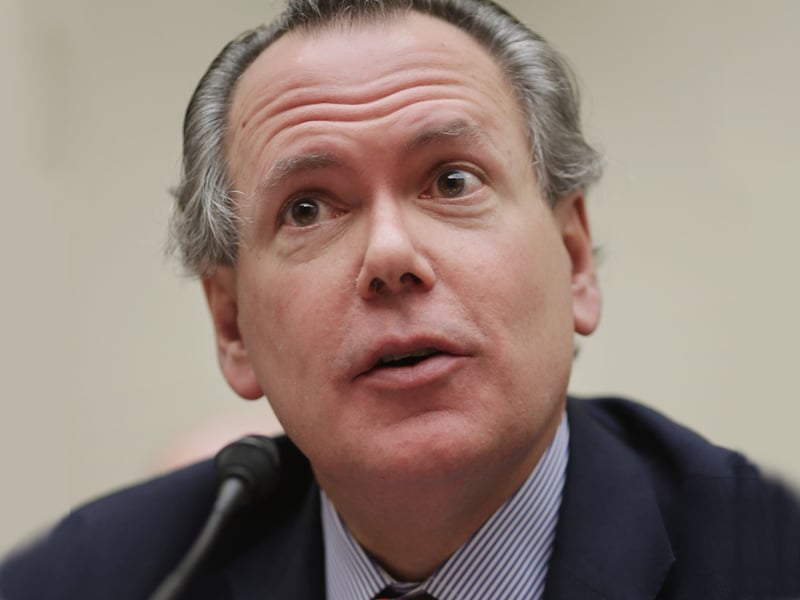The
Securities Industry and Financial Markets Association, a lobbying group that advocates for large broker-dealers, is taking a hard look at the Labor Department's new fiduciary rule.
Regulation is a top priority for SIFMA as it evaluates the details and impact of the DOL's rule released Wednesday, the group's president and CEO
Kenneth Bentsen said Thursday during opening remarks at SIFMA's
private client conference at the Grand Hyatt in New York.
Placing clients' interests first was a dominant theme during the morning portion of the conference on Thursday, from the DOL's new regulation to embracing new, disruptive technology to help investors save.
“We've been adapting to new rules forever,” Jim Weddle, managing partner of Edward Jones, told the audience, referring to the DOL fiduciary rule. “The difference this time is that our compliance with the new rule will also grow the public's trust and confidence.”
There also was a lot of commentary surrounding the increasing popularity of robo-advisers at the conference.
“The term robo-advisers didn't even exist five years ago,” said
Mr. Weddle. Robo-technology ultimately will help strengthen the industry and should be viewed as a tool complementing the “human touch” that investors still want from their financial planners, he said.
Brian Hull, head of the client advisory group at UBS Group AG's wealth management unit for the Americas, also sought to dispel the notion that the popularity of automated-financial planning will displace advisers.
“At the end of the day, we're in a people business,” he said. No “app” or “artificial intelligence” will ever be able to understand “the complexity of a human life” or replace the empathy of an adviser.
The increasing use of algorithms to help people set up investment portfolios online has drawn the attention of Massachusetts' securities regulator William Galvin, who last week questioned the ability of robo-advisers to act as state-registered investment advisers.
“Entities that create computer-generated portfolios but fail to do the necessary customer due diligence to know their customers and who specifically decline most if not all the fiduciary duty are not performing the duties of investment advisers,” Mr. Galvin said
in an announcement of an April 1 policy statement.







